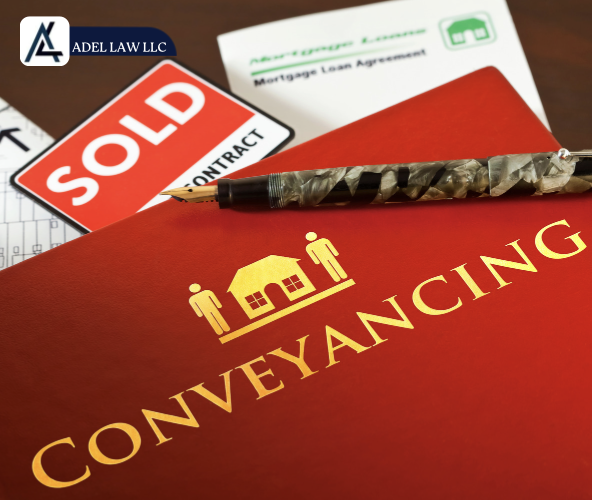Navigating the world of property transactions as a first-time buyer can be exhilarating yet daunting. Understanding the ins and outs of conveyancing is crucial to ensuring a smooth transition into homeownership. Conveyancing, the legal transfer of property from one person to another, involves several key steps that every buyer should be aware of.
The first step in the conveyancing process is the drafting of the contract. This legal document outlines all the details of the property transaction, including the sale price, property boundaries, and any conditions of the sale that both parties have agreed upon. It’s essential to have a skilled conveyancing lawyer review this document to ensure all the terms are fair and that there are no hidden clauses that could impact you negatively later on.
Once the contract is set, your lawyer will conduct various searches related to the property. These include checking local council records for any planning restrictions, title searches to confirm the seller’s right to sell the property, and searches for any liens or outstanding obligations that could affect your ownership. This step is vital as it uncovers any potential legal issues that could jeopardize your investment.
After the initial searches, the next significant phase is the exchange of contracts. This stage seals the deal legally, binding both the buyer and the seller to the transaction. Once the contracts are exchanged, pulling out of the deal can have serious financial implications, so it’s important that you are completely satisfied with the terms and the condition of the property before reaching this point.
The final step is the completion of the sale, where the ownership of the property is officially transferred to you, the buyer. This is the day you’ll likely get the keys to your new home. However, the process doesn’t end there. Post-completion tasks include paying any remaining conveyancing fees and taxes, and registering your ownership with the appropriate government entity.
Choosing the right conveyancing lawyer is as crucial as the process itself. Look for someone with extensive experience in real estate transactions, who is proactive and keeps communication lines open. A good lawyer will not only guide you through each step but will also anticipate and mitigate potential issues, ensuring that your path to homeownership is as smooth as possible.
Embarking on this journey may seem complex, but with the right guidance and a clear understanding of the conveyancing process, you can confidently take this significant step toward securing your dream home.




